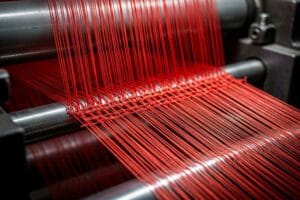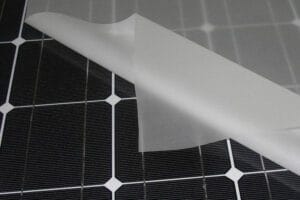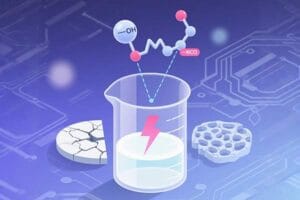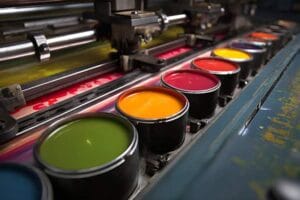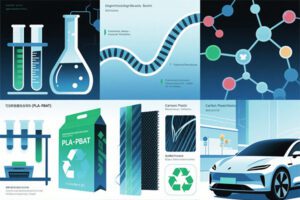Introduction
In the quest for sustainable solutions, biodegradable plastics have gained significant attention as an alternative to traditional plastics. However, ensuring their durability in the face of water exposure remains a challenge. This article explores the application of anti-hydrolysis agents in biodegradable plastic bags, highlighting their role in enhancing water resistance and extending the lifespan of these eco-friendly alternatives.
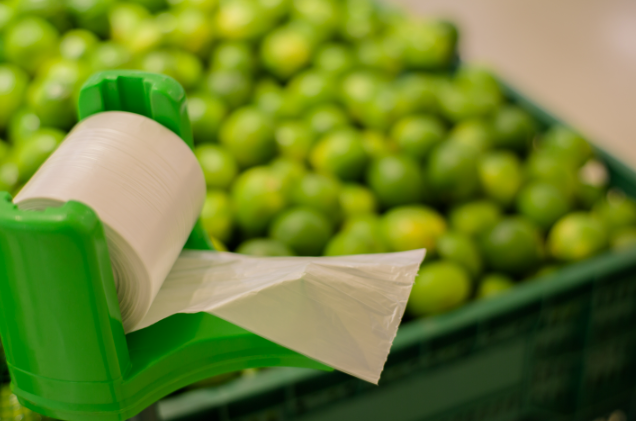
Understanding Anti-Hydrolysis Agents
Anti-hydrolysis agents, specifically designed to inhibit the degradation process, are integrated into the polymer matrix during the manufacturing of biodegradable plastic bags. These agents create a protective barrier, preventing water molecules from penetrating the bag’s structure and initiating hydrolysis. By impeding the breakdown of the polymer chains, anti-hydrolysis agents enhance the bag’s resistance to water, thus extending its useful life.
Mechanism of Action
When incorporated into biodegradable plastic bags, anti-hydrolysis agents interact with the polymer chains, forming a protective coating. This coating acts as a shield, preventing water molecules from accessing vulnerable sites and slowing down the hydrolysis process. By impeding water penetration, the integrity of the bag is preserved, resulting in an extended lifespan, even when exposed to water.
Benefits of Anti-Hydrolysis Agents in biodegradable plastic bags
- Enhanced Water Resistance: The inclusion of anti-hydrolysis agents significantly improves the water resistance of biodegradable plastic bags, minimizing premature degradation caused by moisture exposure.
- Prolonged Shelf Life: Biodegradable plastic bags treated with anti-hydrolysis agents exhibit an extended shelf life, ensuring they remain intact during storage and transportation, without concerns of degradation.
- Increased Durability: The presence of anti-hydrolysis agents strengthens the structure of the plastic bag, enhancing its resistance to mechanical stress and tear. This improves the bag’s usability and reliability, even in challenging conditions.
- Environmental Benefits: By preserving the integrity of biodegradable plastic bags, anti-hydrolysis agents contribute to reducing the environmental impact associated with plastic waste. The prolonged lifespan of the bags promotes efficient resource utilization and reduces the need for frequent replacements.
Testing effect of Langyi’s HyMax 1010 anti-hydrolysis agent in PLA
Langyi, an anti-hydrolysis agent manufacturer in China, has been in this field for more than 10 years. We have various experiences in the application of anti-hydrolysis agents in biodegradable plastic products such as bags, mulch films, and straws.

Tensile strength of PLA with different addition volume of anti-hydrolysis agent HyMax 1010
Conclusion
The application of anti-hydrolysis agents in biodegradable plastic bags presents an effective solution for enhancing water resistance and prolonging their lifespan. These agents form protective barriers, impeding the hydrolysis process and preserving the bag’s integrity. By incorporating anti-hydrolysis agents during the manufacturing process, we can promote the adoption of sustainable alternatives to conventional plastics, reducing environmental pollution and supporting a more eco-conscious future.

